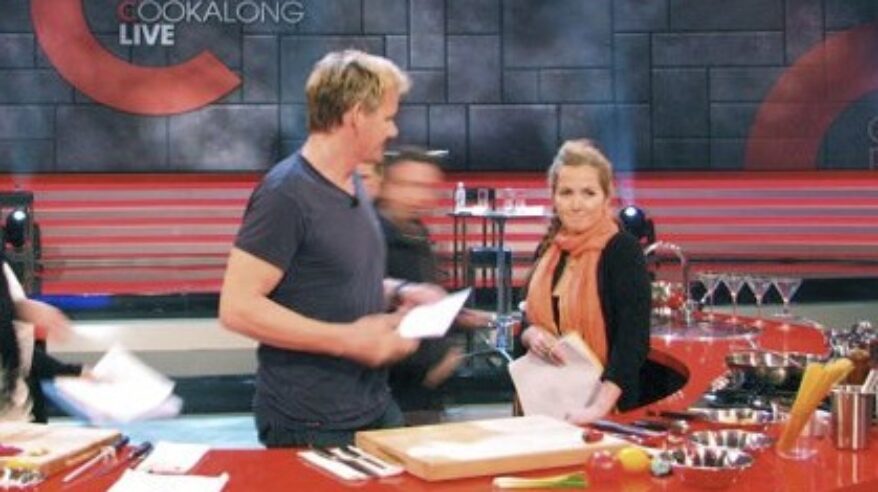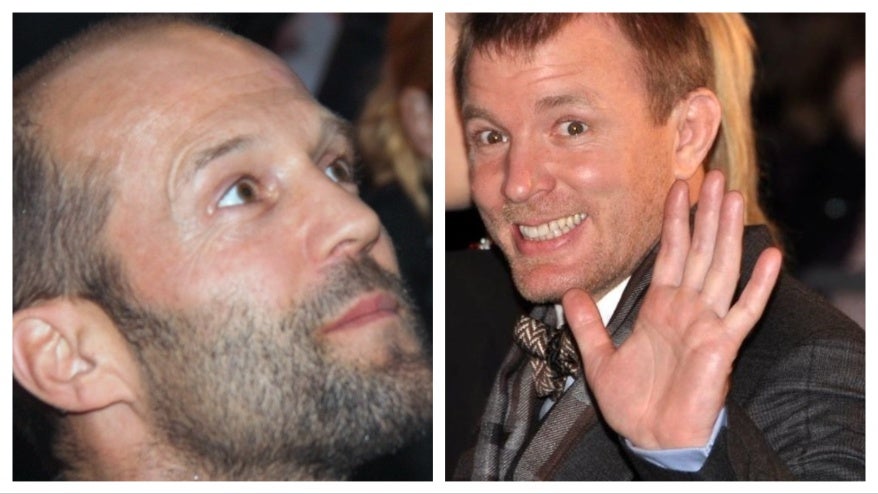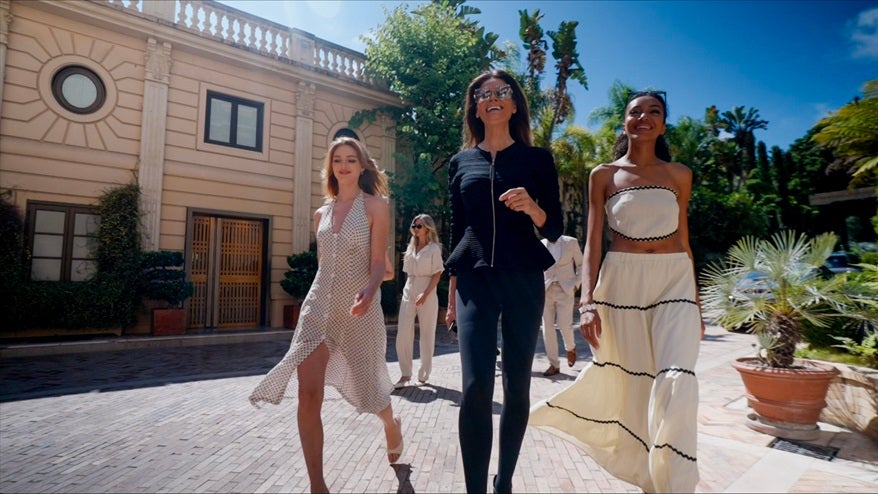Being a food producer is a ‘hands-on’ job

As a food producer (yes, they really do exist) – or ‘head of potatoes’ as she’s credited at Optomen Television – Sarah Durdin Robertson has produced a raft of food-related shows such as Food Glorious Food and Gordon’s Christmas Cookalong Live, where she spent the day at Gordon Ramsay’s house on Christmas Day while he cooked up a feast live in front of the nation.
Different from of a food stylist, a food producer has much more of a hands-on role in the making of a food-based programme – from the early ideas stage right through to post.
Speaking to The Knowledge, Sarah tells us how she got into this business, and warns readers: whatever you do, don’t eat rotten shark…
How did you become a food producer?
Like most people I started out as a runner and worked my way up. But I specifically targeted food shows very early on which kept me focussed.
What are the main challenges of your role?
Working with people who don’t understand food. People eat at least three times a day, and they occasionally have to cook to feed themselves (surely?!) but when it comes to food in a TV production it’s a whole other ball game and a good foodie team is vital.
‘Straight’ historical docs, magazine shows, ob docs, entertainment or factual programmes are a challenge as they require a lot of hard work to produce. To make food-related versions of these types of shows just makes it even more complicated. Food adds another dimension to a production so you have to go the extra mile and it’s impossible to do that without the right team.
What’s the most challenging job you’ve ever worked on?
It’s always challenging filming abroad no matter what the genre, and working in prisons was pretty tough [for Gordon Behind Bars, Channel 4]Â as you have to change your whole mind-set to adapt to a completely alien working environment. But live shows are up there too. I love them and hate them because the challenge is always enormous and the capacity for disaster is huge – the same as with any live show but then add sharp knives, flames, scorching surfaces etc. Sometimes I have to watch through my fingers!
What’s your most enjoyable job you’ve worked on?
I’m a sucker for whichever show I’ve finished most recently. At the moment I’m wafting around convinced Pride & Prejudice: Having a Ball (May, BBC Two) was my favourite job of all time. It was genuinely fascinating because the Regency crowd were leaps and bounds ahead of us in so many ways: incredible recipes, extraordinary ingredients and very surprising combinations. Heston [Blumenthal] has nothing to crow about!
Gordon Ramsay’s Cookalong Live is also a perennial favourite. There’s nothing else like it on television. It’s a huge show and the food is so vital we design the whole running order around the minutia of recipe details and precise timings. The four-hour versions on Christmas day are terrifying, but they’re some of the most satisfying shows I’ve worked on as I really love the concept.
What key skills do you need to become a food producer?
A love of food with good kitchen skills (a cookery course or two would serve you well), because from the outset you need to understand how and why recipes will work and be able to plan around the structure of them. Chefs can sniff out a non-foodie in seconds and in order to develop a good rapport with food TV talent, it really is vital to have a common ground and to be able to communicate with them on their level – displaying a complete understanding of their environment.
Also, not all great cooks are great presenters so often you also have to be able to support and guide on that level. Recipe writing is also vital.
What advice would you give to someone wanting to become a food producer?
Be sure it’s what you want. TV is very quick to pigeonhole people: fantastic if you’ve started out on the road you love but harder to break out and move in to new areas once you’ve spent time in a particular genre. But if you’re positive it’s what you want to do then I’d recommend specialising in food as early as possible.
Keep a food diary! I don’t mean in an ‘I’m off to see Gillian McKeith’ kind of way, but keep a record of great dishes, menus and combinations of ingredients you experience. Over the years it becomes a brilliant source of inspiration and ideas. You think you’ll never forget, but you do. Also, have the courage of your convictions.
If you could meet a version of yourself right at the start of your career, what’s the one piece of advice you would give yourself?
Don’t eat the rotten shark.
The Knowledge would like to thank Sarah for her insight and industry expertise. Would you like to tell us about your role in the industry? If so then drop us an email.
Â
Share this Article















